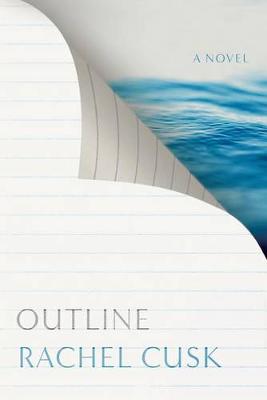
gmcgregor
Written on Apr 8, 2018
This isn't an easy book to write about, because there's not a lot of "there" there. Virtually nothing happens, and since Faye is such a cipher and only her airplane seat neighbor makes more than one appearance, there's nothing to speak of in terms of character building or development. Instead, we're left with admittedly lovely writing and a lot of meditation on themes. Dislocation/unreality, processing trauma, illusions, and an unexpectedly heavy emphasis on marital relationships are explored throughout the book, and at the end, Faye heads home and back to her life in the UK without any sense that this week in her life has meant anything.
I can appreciate a book with an unconventional narrative structure, but this one never quite came together for me. Cusk uses language beautifully, you can feel while you read it that each word, each phrase was chosen with care. But the way she sacrificed plot and character development to focus exclusively on theme makes this feel like a writing exercise more than a book. There's not a story here, really. There are just words.
This isn't to say there's nothing of value. The first section of the book, the first conversation, in which Faye and her seat neighbor discuss his personal life and children and divorces, is by itself a masterful short story. And there are moments of brilliance in her descriptions...Faye finding herself thrown off-balance at the acceleration of a motor boat captured a sensation I've personally experienced many times before in a way that resonated powerfully. And some of the people in my book club, for which I read this one, really connected with it. But all I can offer here are my personal reactions and review, and for me, this didn't work. I can't recommend it, but if it's something that intrigues you, I won't warn you away from it either.

